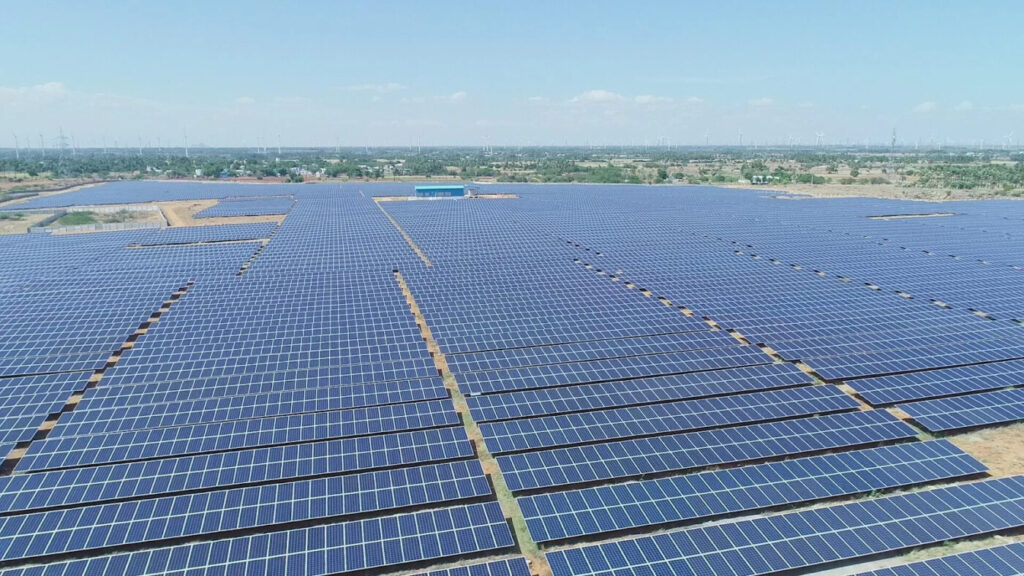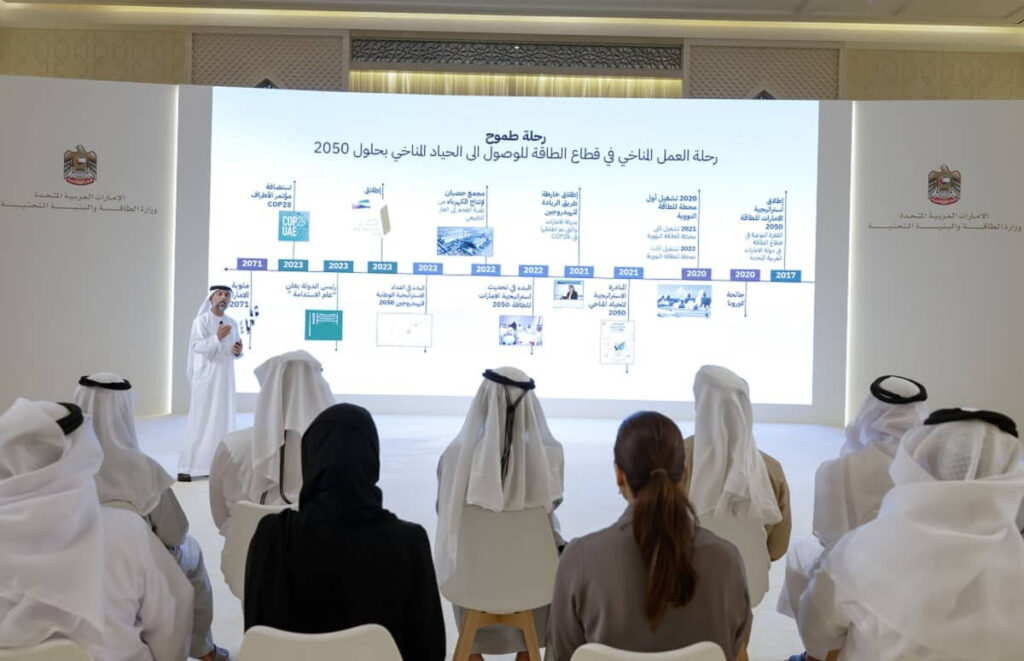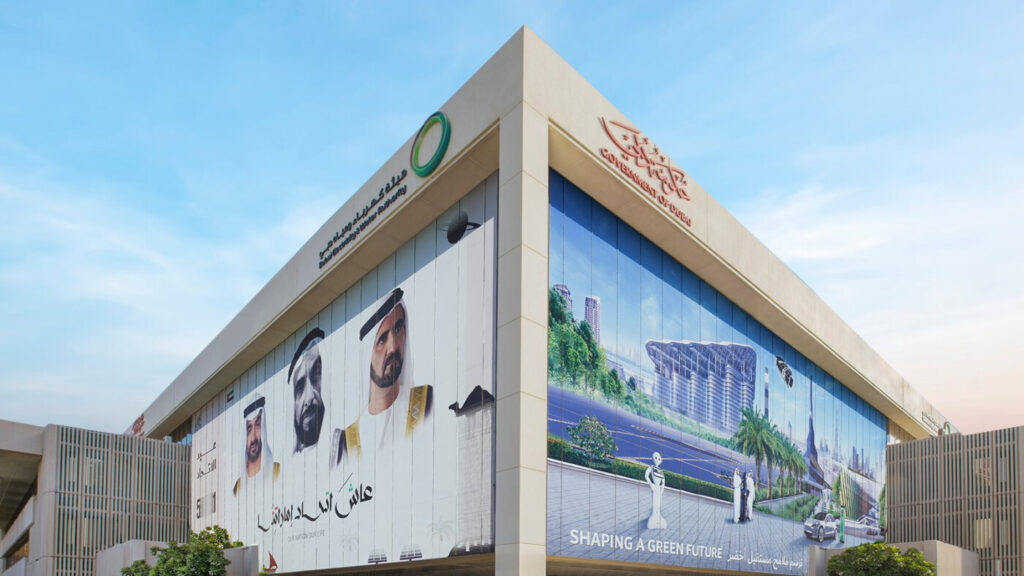
Renewable energy is increasingly seen as a crucial means to combat climate change. Among the notable projects in this domain is the Mohammed bin Rashid Al Maktoum Solar Power Plant, situated in the southern desert of Dubai.
Covering an expansive area of 44 square kilometers, the solar park stands out as a remarkable initiative. It comprises millions of photovoltaic panels, capable of converting sunlight into an impressive 1,000 megawatts of electricity, sufficient to supply over 320,000 homes.
The decision to embark on the construction of the park was announced by His Highness Mohammed bin Rashid Al Maktoum in 2012. Implementation of the project falls under the purview of the Dubai Electricity and Water Authority (DEWA), with private capital investment totaling approximately Dh40 billion, facilitated by Dubai’s legal framework.
READ: Which is More Profitable: Short-term vs Long-term Rental in the UAE
Phase One (Completed October 22, 2013): This initial phase boasted a capacity of 13 MW upon its completion.
Phase Two (Completed March 2017): The construction continued until 2017, with the installation of 2.3 million solar panels enabling the production of 200 MWh of energy.
Phase Three (Initiated 2015): A significant expansion commenced in 2015 with a capacity of 800 MW.
Phase Four (Completed 2022): By 2022, the fourth phase was finalized, contributing 3% to the emirate’s energy supply, previously dominated by natural gas.

Upcoming Phase (Expected Completion in Coming Years): The fifth phase anticipates a substantial reduction of carbon emissions by 6.5 million tons of CO2 equivalent annually. It will feature the construction of the world’s tallest concentrated solar power tower, generating 700 MWh of energy and catering to over 270,000 households.
READ: Preserve and Increase Capital: 5 Compelling Reasons to Invest in Real Estate in Dubai

Enthusiasts keen on exploring renewable energy can embark on a visit to the Dubai Solar Energy Park, home to the Research and Development Center and the Innovation Center. The latter serves a pivotal role in raising public awareness and is accessible to families.